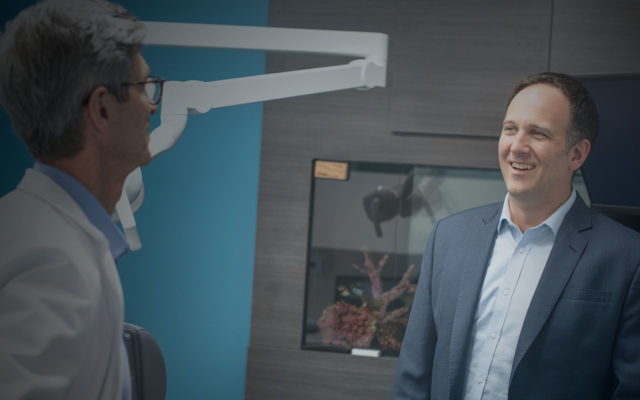In the business book Getting Naked by Patrick Lencioni, the author talks about the three fears to get over in business.
- Fear one is a fear of losing the business.
- Fear two is the fear of being embarrassed.
- Fear three is a fear of feeling inferior.
Much like Lencioni’s story, we’ve found that most dentists have three main fears of selling their dental practice.
- Staff’s salaries/benefits will be cut or key employees will be terminated.
- Patients’ quality of care will decline, with the practice becoming a ‘chop shop’.
- Owner dentist will get terminated.
These are all legitimate concerns, however, they’re mostly unfounded. Let’s unpack each of these concerns, one at a time.
Will the salaries of my staff get cut, or them fired?
There’s a lot of fear that can happen once a dentist announces that he or she will be leaving and selling the practice.
These are only fears, however. Catastrophic events don’t typically happen when a dentist sells their practice.
That said, when you sell your dental practice, you’ll lose some employees, and most times they choose to leave voluntarily. Sometimes the new dentist will make changes, but it’s important to talk through all these nuances in the beginning so there’s no confusion once the transaction is complete.
Most new dentists hope to find a good fit with existing staff to maintain the practice’s momentum. By making a bunch of staff changes, this is not likely to happen. The real risk is for the buyer who walks into your practice only to learn you’ve had key staff leave, which will cause them stress because they’re now short-staffed, leaving patient care in disarray.
Most times, the new dentist simply wants to work with existing staff, not make dramatic changes, and continue generating great care for your existing patients. They want to keep things consistent and focus on patients while also focusing on cashflow. Usually, there are not many drastic changes that take place.
Salaries may be adjusted over time, but again, most times it’s not a huge concern unless some sort of market condition forces the new practice owner to make a change.
Patients quality of care will decline, with the practice becoming a ‘chop shop’
This is a legitimate concern.
You might be anxious about the new dentist offering sub-par care, making decisions only based on money, and the new dentist mistreating your patients.
You care about your patients and we understand that. We want you to feel comfortable with whomever you leave your practice with.
Most times, the new dentist will continue offering the same services that you do. As we mentioned earlier, it’s about momentum. Lots of changes mean a loss in momentum and a loss in revenue.
An interested buyer will typically want to align themselves with a seller who offers similar services. That’s not to say that won’t offer new ones over time, but overall there will be similar alignment.
As the previous practice, I will get terminated
The sale of your practice will be structured with clear deliverables and expectations, so this doesn’t happen outside of severe circumstances.
As a W2 employee, employment termination is always possible, however, it’s highly unlikely because one of two selling scenarios will happen that prevent this.
- You’ll be retained for a period of time to continue serving as a dentist inside your practice.
- You’ll take your payout upfront and walk away from your practice, entirely.
The first scenario is the only one where you could likely be terminated, but highly unlikely because a termination could disrupt patient care and the flow of the office staff.
As we’ve mentioned before, most new dentists are focused on providing care that strategically aligns with them. Firing previous practice owners usually isn’t in their best financial interests.
As we said at the beginning, these fears are only fears. They are typically not relevant and rarely turn into reality.
At JW Practice Advisory, we help dentists sell and buy their practices. Contact us to learn more about selling your dental practice.


 This is some text about the listing. Here’s the story behind it that numbers don’t tell. One more sentence of description so that it is a reasonable length.
This is some text about the listing. Here’s the story behind it that numbers don’t tell. One more sentence of description so that it is a reasonable length. This is some text about the listing. Here’s the story behind it that numbers don’t tell. One more sentence of description so that it is a reasonable length.
This is some text about the listing. Here’s the story behind it that numbers don’t tell. One more sentence of description so that it is a reasonable length.